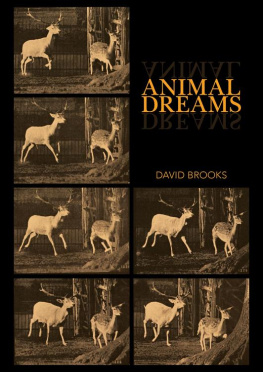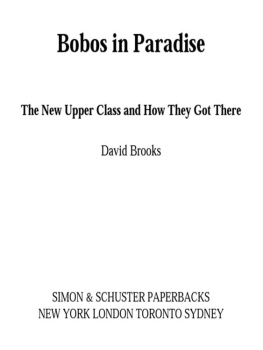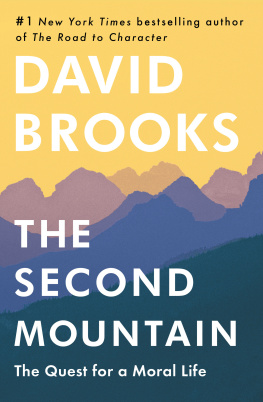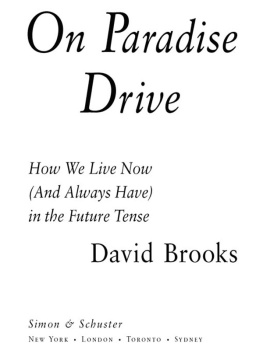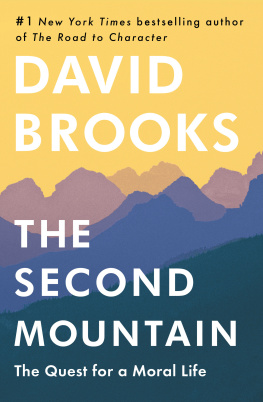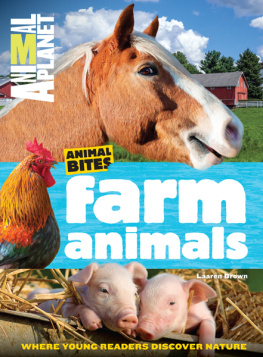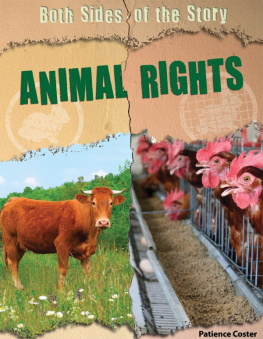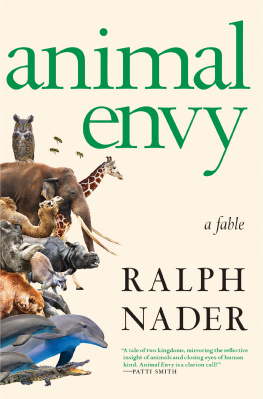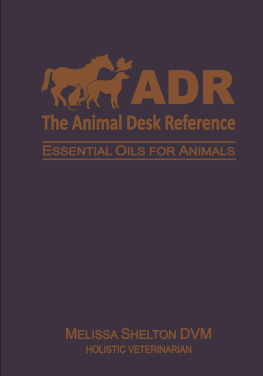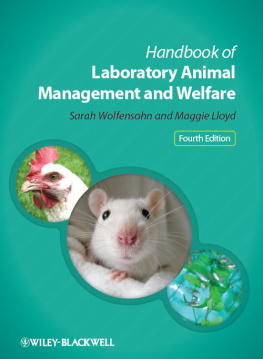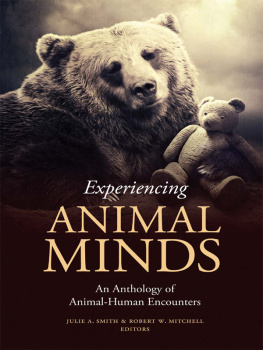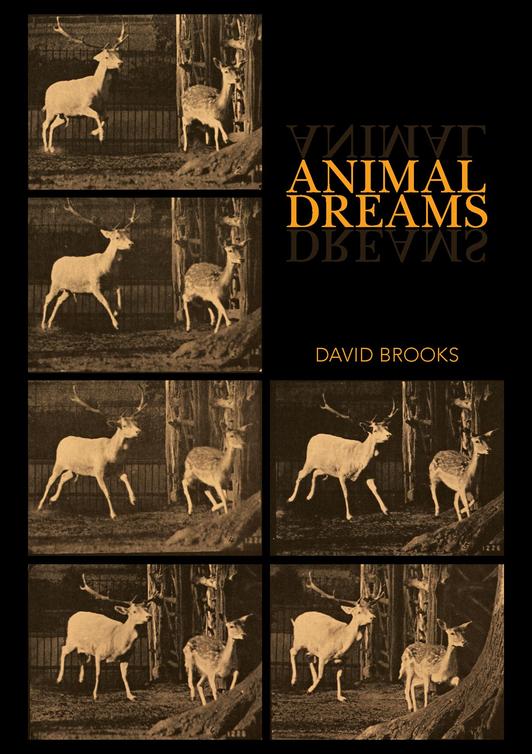David Brooks - Animal Dreams
Here you can read online David Brooks - Animal Dreams full text of the book (entire story) in english for free. Download pdf and epub, get meaning, cover and reviews about this ebook. City: Sydney, year: 2021, publisher: Sydney University Press, genre: Science. Description of the work, (preface) as well as reviews are available. Best literature library LitArk.com created for fans of good reading and offers a wide selection of genres:
Romance novel
Science fiction
Adventure
Detective
Science
History
Home and family
Prose
Art
Politics
Computer
Non-fiction
Religion
Business
Children
Humor
Choose a favorite category and find really read worthwhile books. Enjoy immersion in the world of imagination, feel the emotions of the characters or learn something new for yourself, make an fascinating discovery.
- Book:Animal Dreams
- Author:
- Publisher:Sydney University Press
- Genre:
- Year:2021
- City:Sydney
- Rating:4 / 5
- Favourites:Add to favourites
- Your mark:
Animal Dreams: summary, description and annotation
We offer to read an annotation, description, summary or preface (depends on what the author of the book "Animal Dreams" wrote himself). If you haven't found the necessary information about the book — write in the comments, we will try to find it.
Animal Dreams collects David Brooks thought-provoking essays about how humans think, dream and write about other species. Brooks examines how animals have featured in Australian and international literature and culture, from The Man from Snowy River to Rainer Maria Rilke and The Turin Horse, to live-animal exports, veganism, and the culling of native and non-native species. In his piercing, elegant, widely celebrated style, he considers how private and public conversations about animals reflect older and deeper attitudes to our own and other species, and what questions we must ask to move these conversations forward, in what he calls the immense work of undoing.
For readers interested in animal welfare, conservation, and the relationship between humans and other species, Animal Dreams will be an essential, richly rewarding companion.
Praise for Animal Dreams
one of Australias most skilled, unusual and versatile writers
- Peter Pierce, The Sydney Morning Herald.
No one writes about animals like David Brooks.
- Jeffrey Moussaieff Masson (author of The Assault on Truth, When Elephants Weep and Lost Companions)
Beautifully written and emotionally and intellectually enthralling. The best book I have ever read on relations between humans and animals and the redress we owe them. It makes you angry, it makes you weep; it makes you determined to rethink and to act.
- Helen Tiffin, FAHA (co-author of The Empire Writes Back and Wild Man from Borneo: A Cultural History of the Orangutang)
David Brooks: author's other books
Who wrote Animal Dreams? Find out the surname, the name of the author of the book and a list of all author's works by series.

